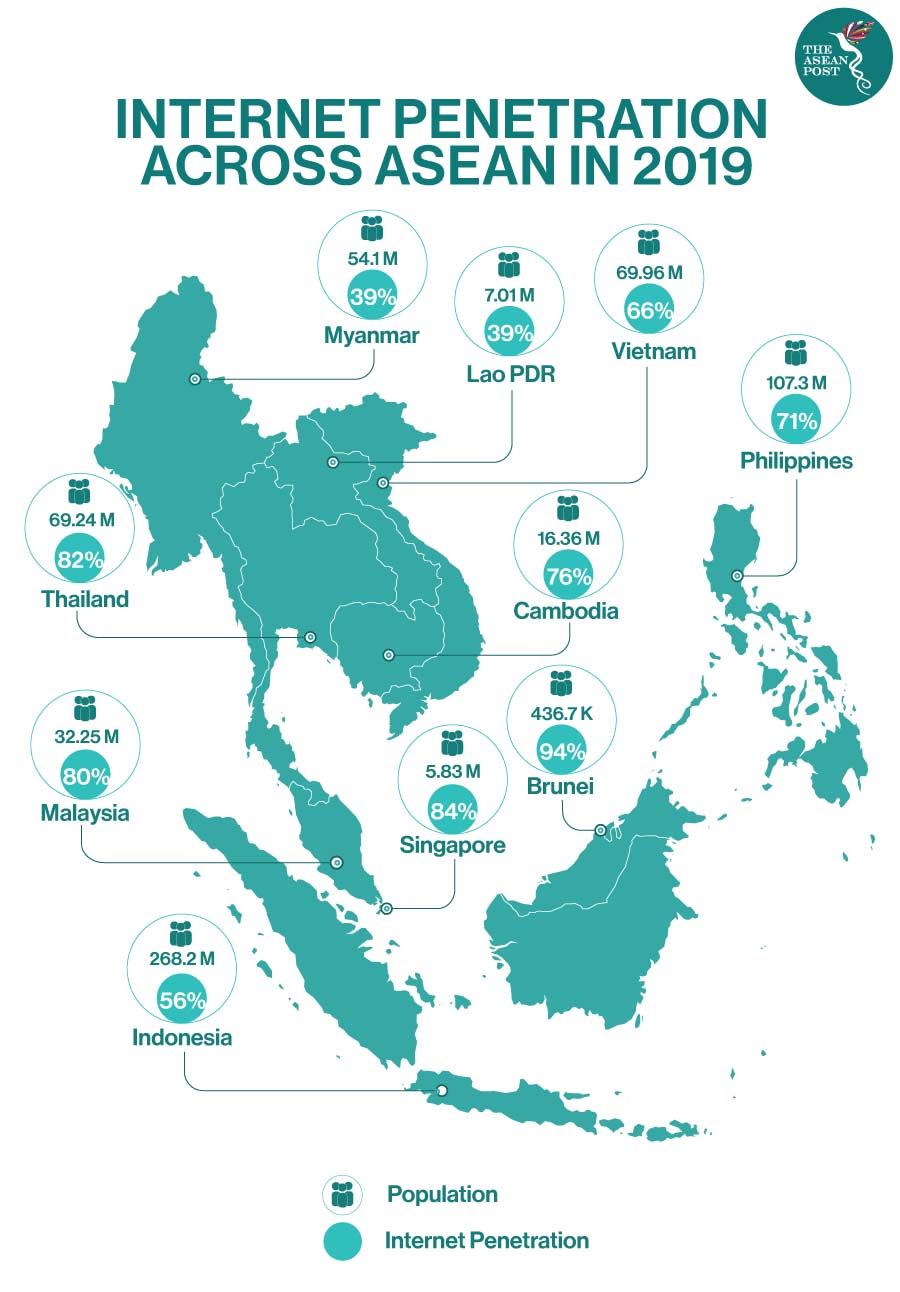The Fourth Industrial Revolution is a train that you either get on or you’ll find yourself being left far, far behind.
The Association of Southeast Asian Nations (ASEAN) is aware of this. We’ve seen countries like Indonesia and Thailand take lessons from Germany’s model of a 4.0 economy. We’ve also seen countries like Malaysia invest large sums of money in the expansion of information technology (IT) infrastructure to provide an enabling environment for the growth of the digital economy. Advanced countries like Singapore need no further explanation.
Even in Cambodia, non-profit organisations Oxfam International have set up the Blockchain for Livelihoods from Organic Cambodian Rice (Blocrice) in 2018 to connect rice farmers in the Cambodian village of Reaksmei, in the Preah Vihear province, with other people in the supply chain to ensure that poor farmers get a fair deal for their produce.
Therefore, it was not a surprise when the Ministry of Post and Telecommunications in Lao PDR urged the government there to place more focus on the digital economy to speed up the development of the global initiative.
Last year, Director General of the Lao National Internet Centre, Keovisouk Solaphom, said that the challenges faced in digitising the local economy was due to the fact that it was not listed in the development agenda.
“Building a digital economy is essential as the world is moving towards a digital economic age, having passed through the industrial ages of 1.0, 2.0 and 3.0. The current industrial age is 4.0,” he said.
Digital Economy A Priority
Keovisouk’s argument makes perfect sense. If the government does not prioritise the digital economy, then, naturally, – and as other matters take precedence – it will lag behind.
According to We Are Social’s Digital 2019 report, of the approximately seven million Laotians, 39 percent (approximately 2.7 million) are internet users, 39 percent are also active social media users, and 37 percent (approximately 2.6 million) are mobile social media users. This places the country on par with fellow ASEAN member state Myanmar which has a much larger population. However, it pales when compared to other ASEAN member states in the region. Even Indonesia, which has an approximate population of 268.2 million people has a 56 percent internet penetration rate (approximately 150 million) for its population.

But We Are Social isn’t the only one painting a gloomy picture of Lao’s unreadiness to usher in the Fourth Industrial Revolution.
According to the World Economic Forum’s (WEF) Global Competitiveness Index 2017-2018 edition, Lao was ranked 98 out of 137 countries indexed. Out of the 12 pillars, Lao earned the lowest score for technological readiness with only 3.0 points out of seven, ranking a lowly 110 out of 137 countries for the pillar. This pillar includes components such as availability of latest technologies, firm-level technology absorption, foreign direct investment and technology transfer, internet users, fixed-broadband internet subscriptions, internet bandwidth, and mobile-broadband subscriptions.
Whereas in WEF’s most recent Global Competitiveness Index 2019, Lao dropped its ranking, placing at number 113 out of 141 countries.
Is Lao Ready?
According to local media, the Ministry of Post and Telecommunications, last year, expected that the number of internet users in Lao will increase. This can already be seen from the We Are Social and Hootsuite 2020 report which states that 79 percent of Lao’s population now has a mobile phone, with internet penetration standing at 43 percent of the population. This is more than the aforementioned 39 percent internet penetration rate in 2019.
However, as cited in local media, Lao only scored 43.93 out of 100 points in the GSMA Mobile Connectivity Index, which measures the performance of 170 countries against key enablers of mobile internet adoption including infrastructure, affordability, consumer readiness, and content and services.
It would perhaps be wise for the government of Lao to heed Keovisouk’s advice and make the development of the digital economy a top priority. But whatever it is that Lao decides to do, it has to move swiftly as the Fourth Industrial Revolution will not wait for it to catch up.
Related Articles:
